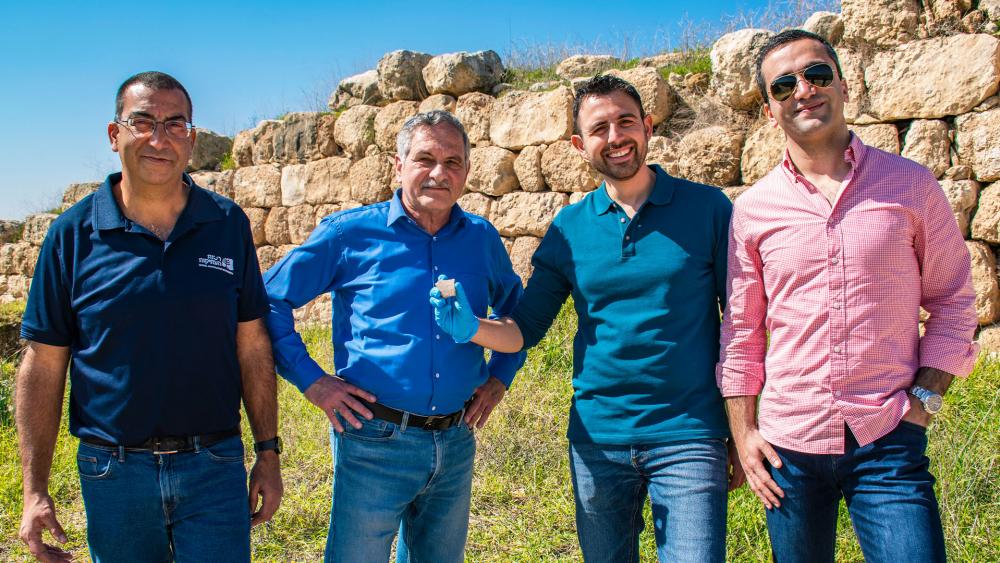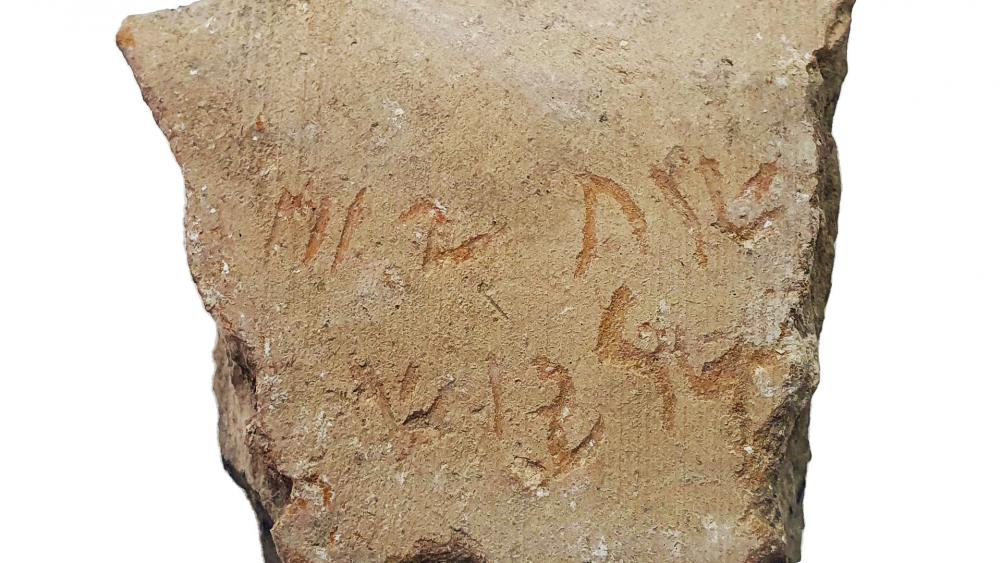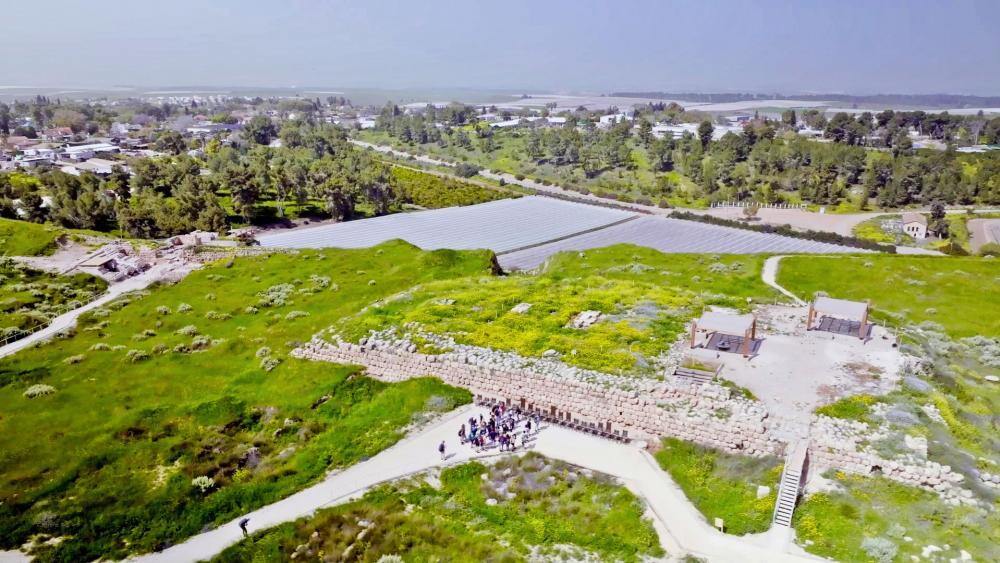
Israel Antiquities Authority Reveals Pottery Shard with King Darius Inscription 'Inauthentic'
Earlier this week, CBN News published a story released by the Israel Antiquities Authority (IAA) describing an exciting find of a pottery shard dating back 2,500 years to the reign of Persian King Darius the Great 2,500 years ago.
It was billed as the first archaeological find to mention the Persian king ever found in Israel. The IAA has since issued a clarification saying the shard is "inauthentic" and does not contain an inscription from that era. The IAA apologized for what they determined was a mistake made without malice.
The IAA has released information on many important archaeological excavations in recent months, all accurate to our knowledge, including many confirmations of events and persons mentioned in the Bible. Below is an account from the IAA's clarification. They regret the error, and so do we.

"The Israel Antiquities Authority would like to inform the public that the inscription bearing the name Darius the great is not authentic.
Following the publication, the expert who participated in the excavation expedition last August contacted the Israel Antiquities Authority. She is one of the few researchers specializing in ancient Aramaic inscriptions and admitted to demonstrating to a group of students the manner in which sherds were inscribed in ancient times. She then left the sherd on the site, which led to the erroneous identification. She was questioned and said this was done unintentionally and without malice.

'The IAA takes full responsibility for the unfortunate event' Prof. Gideon Avni, the IAA’s chief scientist explained. 'The sherd was examined by Dr. Haggai Misgav, a leading researcher on ancient Aramaic script and Sa’ar Ganor, an archaeologist studying the site of Tell Lachish and its region. However, as it turns out, the find does not bear an ancient inscription. As an institution that strives for the scientific truth, we are committed to correcting the mistake that was made and making it known to the public. In terms of ethical and scientific practices, we see this as a very severe occurrence. Leaving the newly inscribed sherd on the site was careless, and led to the mistake done by the researchers and distorted the scientific truth. Such cases in archaeological research are very few in number.'
'The event illustrates the dangers of adding modern scripts on ancient artifacts – a phenomena which troubles the entire scientific community for many years. On top of the paleographic examination of the sherd by an experienced epigraphist, the sherd was examined in various laboratories and found to be ancient. This once again proves that only finds discovered in controlled archaeological excavations should be considered 100% authentic. All other finds should raise questions regarding their authenticity.'
As a result of this unfortunate occurrence, the Israel Antiquities Authority will refresh proper procedures and policies with all foreign expeditions working in the country.'"





